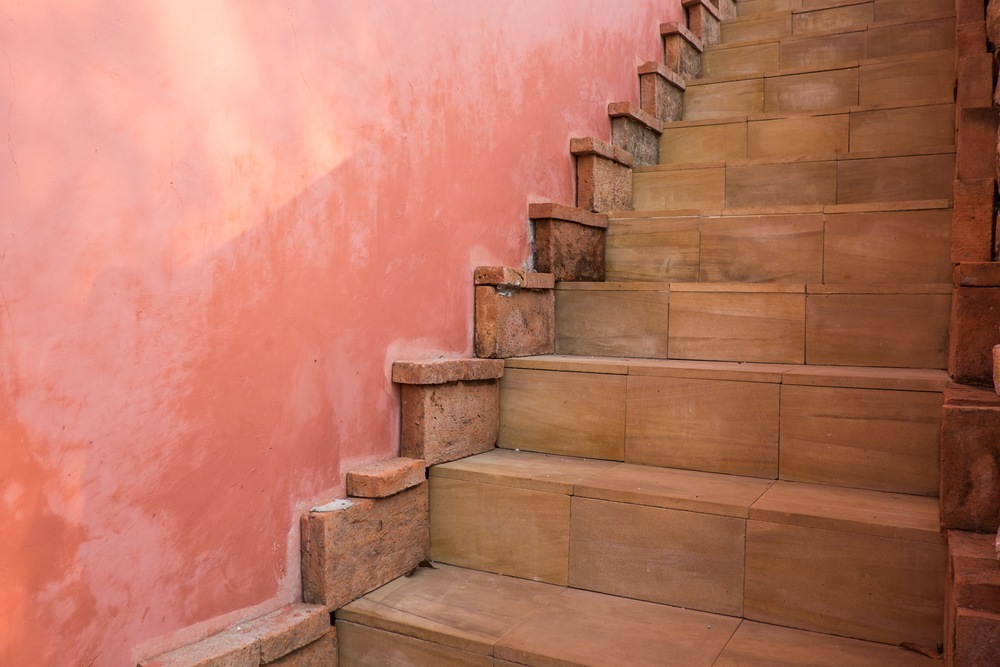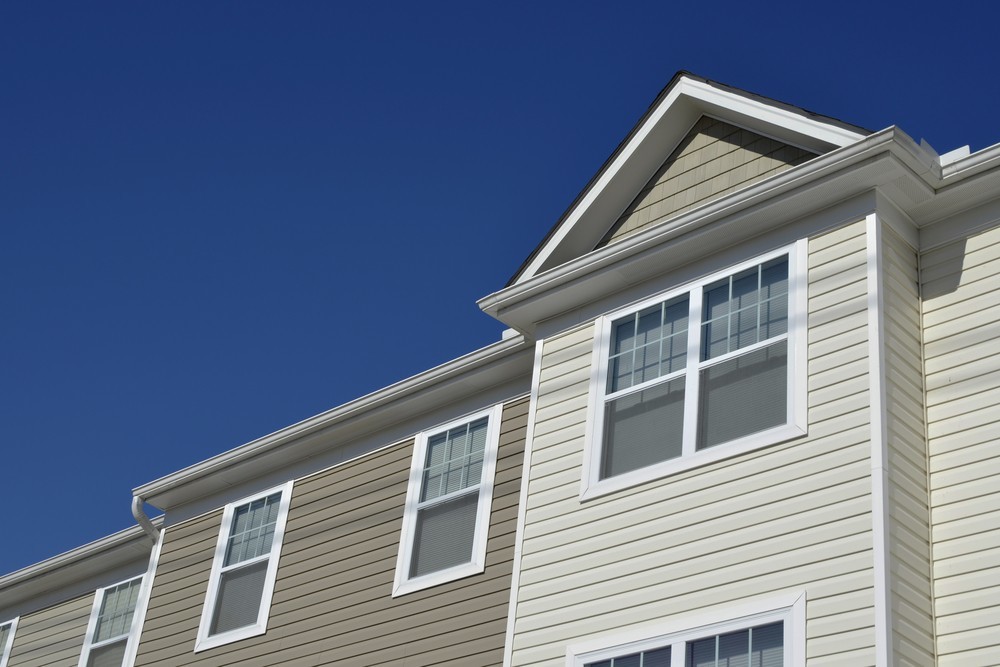 Nobody wants to live in an unsafe home, but whether we realize it or not, many of us have at least one thing in our homes that would be considered unsafe according to your local building codes. While it can be frustrating to worry about meeting code requirements when you’re planning a home improvement project, it’s important to remember that building codes are ultimately intended to protect us and ensure our homes are safe to live in.
Nobody wants to live in an unsafe home, but whether we realize it or not, many of us have at least one thing in our homes that would be considered unsafe according to your local building codes. While it can be frustrating to worry about meeting code requirements when you’re planning a home improvement project, it’s important to remember that building codes are ultimately intended to protect us and ensure our homes are safe to live in.
Building codes cover every imaginable part of your home’s structure and all of its systems, including electrical, plumbing, and HVAC, so there are countless ways a home might fail to meet at least one of those standards. Here are just a few building code violations homeowners often don’t realize they have in their homes.
Electrical Problems
Building code violations that involve electrical systems are extremely common. In a 2013 survey by the National Association of Home Builders (NAHB), 42% of respondents said that electrical problems were one of the three most common code violations they encounter. If you have an older home, it’s entirely possible that you have wiring in your home that’s so old it doesn’t meet modern safety standards. Many other homes have grounding issues, mislabeled circuits, inadequate GFCI protection, and improperly placed outlets.
Missing Handrails on Staircases
Thousands of people are injured or even killed every year as a result of falling on stairs in a home. This is why building codes typically require all staircases found in homes, both inside and outside, to have handrails. Building codes generally mandate that handrails be a certain height so that they’re easy to hold onto.
Windows
Do you have windows near stairs or by bathtubs and showers? Since those windows are located in places where a person could potentially fall into the glass if they slipped or tripped, many building codes place special requirements on the windows that go in those areas. These windows need to have tempered glass that is better able to withstand an impact. Double and triple pane windows typically meet building code standards, so if you have old single-pane windows in these places, you may need to consider replacing them with new vinyl replacement windows.
If you have a finished basement and are thinking of adding an extra bedroom down there, make sure your potential basement bedroom would have proper egress windows. Building codes require all rooms used as bedrooms to have proper egress windows to provide an alternate way out of the house in the event of an emergency. Egress windows need to be large enough for an adult person to fit through.
Improperly Installed Bathroom Ventilation
With all the steam that hot showers can generate, it’s extremely important for bathrooms to have a good ventilation system to prevent problems with mold. However, many homes have exhaust fans that lead directly into the attic area. Since this does not direct moisture in the air out of the house, it can cause mold and other moisture-related problems in your attic instead. If this is how your bathroom exhaust fan is set up, it’s extremely important that it be rerouted to direct air out of the house.
Non-Functioning Smoke Alarms
If you have smoke alarms in your home, there’s a good chance that you’ve had to deal with it going off at some inconvenient time like while you’re simply trying to cook dinner. Some people with overly-sensitive smoke alarms get tired of dealing with it going off all the time and simply take the battery out. As annoying as this can be, the simple fact of the matter is that a smoke alarm could save your life. Taking the battery out or failing to test your smoke detectors on a regular basis means you’re losing an important way to be warned in the event of a fire.









